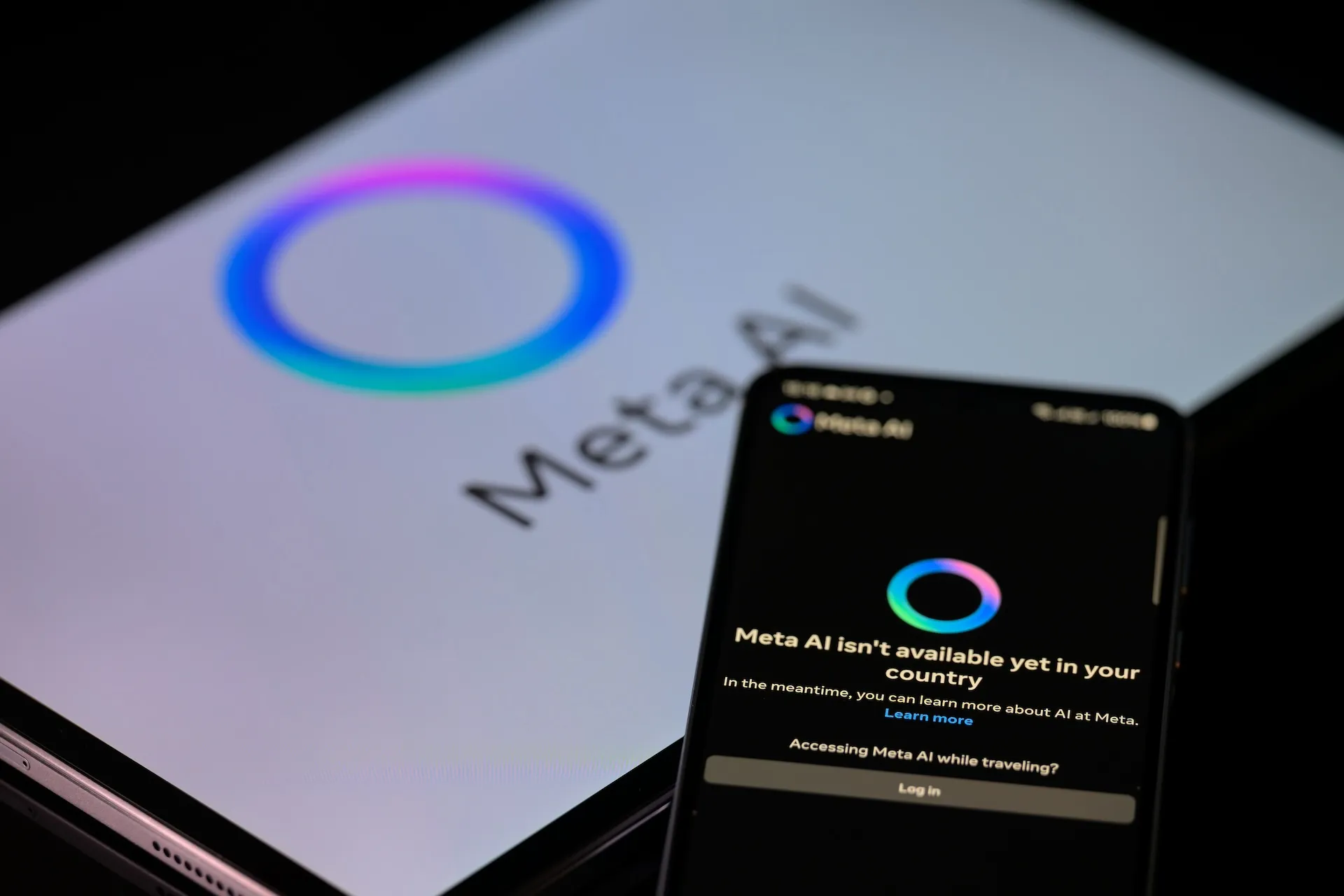In order to automatically recommend AI-edited versions of users’ images, including ones that haven’t been posted to Facebook yet, Facebook is requesting access to the camera roll on users’ phones.
Facebook users are being recommended the option while they are creating a new Story on the social media platform. In order to accommodate innovative suggestions, a screen here asks the user if they would like to opt into “cloud processing.”
Clicking “Allow” will allow Facebook to create new concepts from your camera roll, such as collages, recaps, AI restylings, or photo themes, as the pop-up message states. Facebook claims that in order for it to function, it will “continuously” upload media from your camera roll to its cloud, or servers, depending on factors like time, location, or themes.
However, you accept Meta’s AI Terms by selecting “Allow.” It claims that this enables AI to assess your media and face attributes. The date and the existence of individuals or things in your pictures will also be used by the business to inform its original concepts.
Another illustration of the slippery slope that results from sharing our private media with AI providers is the creative tool. Meta has ambitious AI goals, just like other tech behemoths. Facebook may have an edge in the AI battle if it can access users’ private images that they haven’t yet published on the social media platform.
Unfortunately for end consumers, when features like these are introduced, it’s not often obvious what they’re committing to because tech corporations are in a hurry to remain ahead.
“Once shared, you agree that Meta will analyze those images, including facial features, using AI,” states Meta’s AI Terms about image processing. The statement reads, “This processing enables us to provide creative new features, such as the ability to summarize image contents, alter images, and create new content based on the image.”
In order to customize its AI outputs, Meta’s AIs are also permitted by the same AI rules to “retain and use” whatever personal data you have provided. According to the corporation, it may be possible for people to perform assessments of your contacts with its AIs, including discussions. The terms only state that “information you submit as Prompts, Feedback, or other Content” is included in Meta’s definition of personal information.
We’re curious if the pictures you shared for “cloud processing” apply here as well.
Our requests for explanation and comment from Meta have not been answered.
This feature hasn’t received a lot of criticism thus far. A few Facebook users have expressed concerns after discovering the AI-generated photo recommendations while crafting a new story. One Reddit user discovered, for example, that Facebook had automatically used Meta AI to transform an old photo—in this case, one that had already been posted to the social network—into an anime.
The search resulted in a section called camera roll sharing ideas in the app’s Settings when a fellow user in an anti-AI Facebook group requested assistance turning off this feature.
There are two toggles on the “Camera roll sharing suggestions” tab. During app surfing, the first enables Facebook to recommend images from your camera roll. The second is where you may enable or disable “cloud processing,” which allows Meta to create AI images using the photos in your camera roll. This should be opt-in based on the pop-up that asked for permission in Stories.
This extra ability to apply AI to the images on your camera roll doesn’t seem to be brand-new.
Earlier this year, we came across posts from perplexed Facebook users who shared screenshots of the pop-up message that showed up in their Stories area. Additionally, Meta has released comprehensive help documentation for both iOS and Android users regarding the capability.
Since Meta doesn’t maintain a record and the Internet Archive’s Wayback Machine hasn’t adequately preserved previously published terms, we are unable to compare the present AI terms with earlier iterations. Meta’s AI terms went into effect on June 23, 2024.
However, this function goes beyond what Meta has previously disclosed in that it uses your publicly posted data, such as Facebook and Instagram posts and comments, to train its AIs. This is because it taps into your camera roll. (EU users could opt out until May 27, 2025.)

